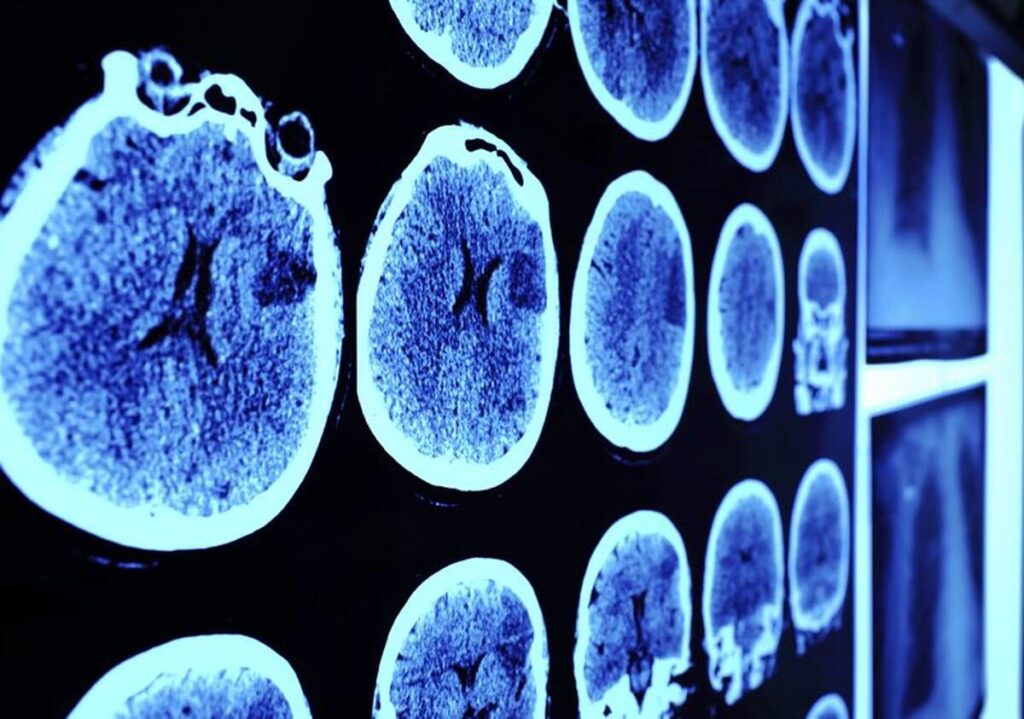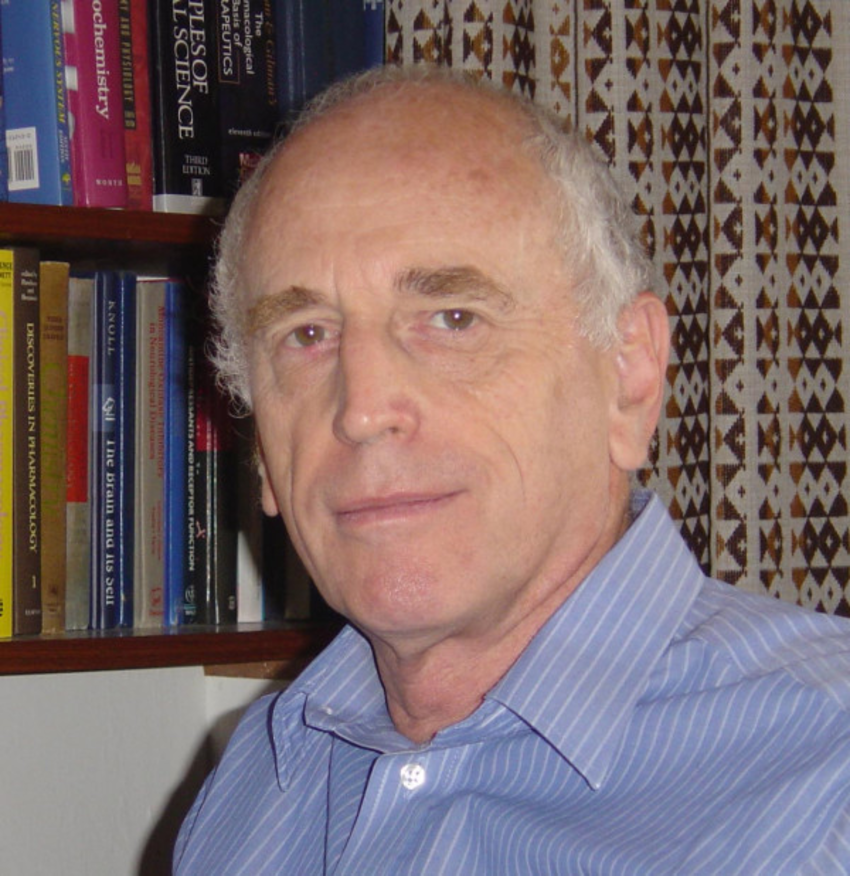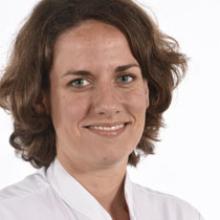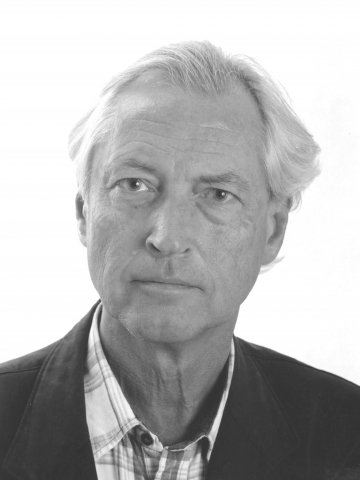Session: A New Era for Neuroscience

New discoveries within the Neuroscience field are constantly shaping our understanding of the brain and the nervous system. ESMED Congress 2021 will have an emphasis on the following Neuroscience topics: Alzheimers, Epilepsy, Glioblastoma, and Neuronanotechnology.
Chaired by Valery Shestopalov, Ph.D., University of Miami
Featured Presentations:

John Finberg, Israel Institute of Technology
The brainchild of Technion Professors Moussa Youdim and John Finberg, Azilect is the first once-daily product for the treatment of Parkinson’s, a chronic, degenerative disease affecting a million people in the United States (4 million around the world).
Azilect is one of the few treatment options in the U.S. for all stages of Parkinson’s, including use as a stand-alone early-stage therapy and in combination with levodopa (a standard treatment for Parkinson’s disease) in more advanced stages of the disease. The drug is a monoamine oxidase type-B (MAO-B) inhibitor that blocks the breakdown of dopamine, a chemical that sends information to the parts of the brain that control movement and coordination.

Using haptic stimulation to enhance auditory perception in hearing-impaired listeners
Mark Fletcher, Institute of Sound and Vibration Research, University of Southampton, UK
Cochlear implants (CIs) enable severely-to-profoundly hearing-impaired individuals to perceive sound through electrical stimulation of the cochlea. They allow many CI users to achieve excellent speech understanding in quiet listening conditions, but most struggle to understand speech when there is background noise and to locate sounds. Recently, we have shown large improvements in speech-in-noise performance and sound localisation when supplementing the electrical CI signal with haptic stimulation on the wrists (“electro-haptic stimulation”). This talk will present these findings and discuss the future directions for this work, including the development of a new wearable haptic device.
Mark Fletcher is a Senior Research Fellow at the Institute of Sound and Vibration Research and leads the electro-haptics research project. The electro-haptics project focuses on improving hearing in cochlear implant users by presenting missing sound information through vibration on the skin. Mark also leads a related project involving the development of a virtual acoustics system for use in clinical and research facilities and for remote training and testing. Mark also co-created the RealSpeech auditory training app, which focuses on the recreation of highly realistic auditory environments and is currently part of a UK-wide trial as part of the CHOICE remote care platform.

Kirsten Adriani, Onze Lieve Vrouwe Gasthuis, Department of Neurology, Amsterdam

Kjell Fuxe, Karolinska Institutet, Sweden
Haihui Jiang, Beijing Tiantan Hospital, Capital Medical University
The optimal timing of chemoradiotherapy in patients with newly diagnosed glioblastoma (GBM) remains unclear. In this study, we explored the clinical efficacy of super-early initiation of temozolomide (TMZ) in the treatment interval from surgery to radiotherapy.
We retrospectively reviewed the clinical data of 375 patients with GBM in our institution from 2012 to 2018. One hundred and sixty-three patients received super-early TMZ within seven days after craniotomy based on standard Stupp protocol (super-early group, SEG), while two hundred and twelve patients underwent standard Stupp protocol alone (control group, CG). We performed propensity score matching (PSM) to reduce patient selection bias between the two groups.

